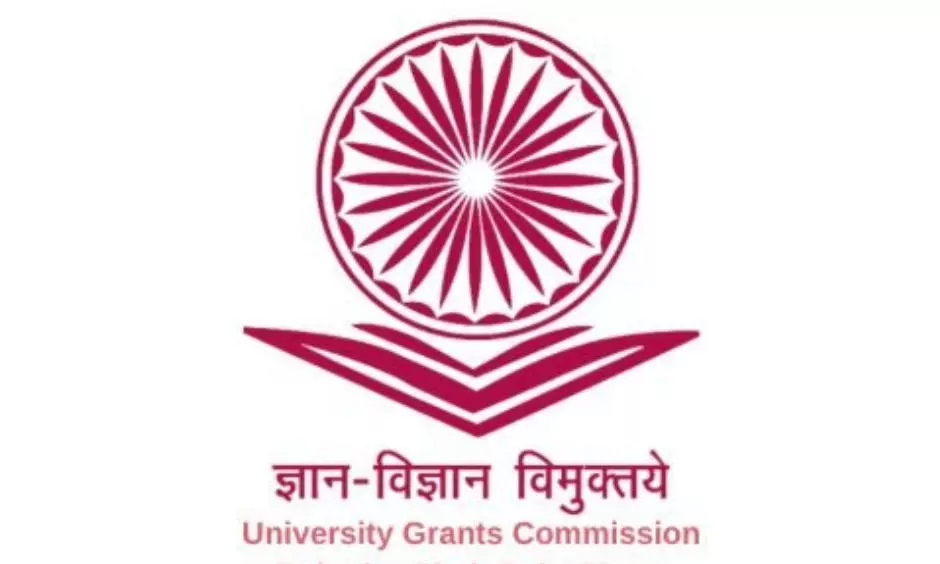UGC’s Bi-annual Admissions Boost US University Aspirations

Hyderabad: With the University Grants Commission (UGC) approving higher education institutions to offer biannual admissions, more Indians likely to opt for taking admission in US universities,
According to the Open Doors report, over 7.5 lakh Indian students are studying abroad and the number has been steadily rising. The surge was driven by students’ quest for better educational opportunities and global exposure.
One of the significant hurdles has been the mismatch between Indian and international academic calendars. After UGC approved biannual admissions, Indian students will no longer have to wait an entire year to start their studies overseas, thereby reducing the gap year dilemma and financial strain on families.
The spring intake in US starts in January and ends in May, fall intake semester between September and December and summer intake in May and August each year
Subhakar Alapati, founder director, Global Tree Careers, said: “The implications of these UGC reforms for students who wish to study abroad are profound. Firstly, the biannual admission cycle aligns Indian institutions with global universities, making it easier for students to apply and get admitted to foreign programs without losing time.”
Prof. B. Bhima, from Osmania University, however, differed. “The UGC should work toward strengthening the marginalised as the biannual admissions give more opportunities to the students from affluent families who can afford to pay fees in dollars in US universities. What about the underprivileged,” he asked.
Prof. Bhima added, “the UGC should increase the grant on fellowship programmes where the students from the marginalised families can have a chance to explore the international exposure in education. There is a great need to develop the infrastructure in our public universities. Even the state government should increase its number of students in Dr B.R Ambedkar overseas grant.”
However the student admission flow in the US is growing each passing semester, said Johnson Joseph of Nebo Consultancy, "the aspirants are busy with the paperwork.”

